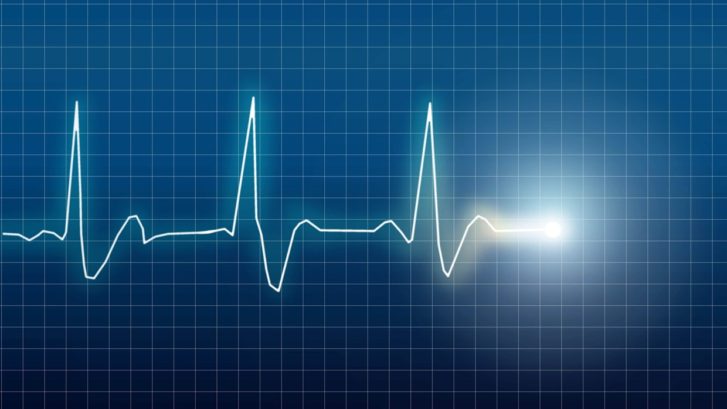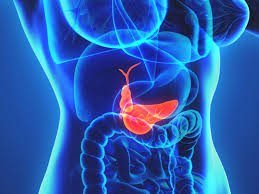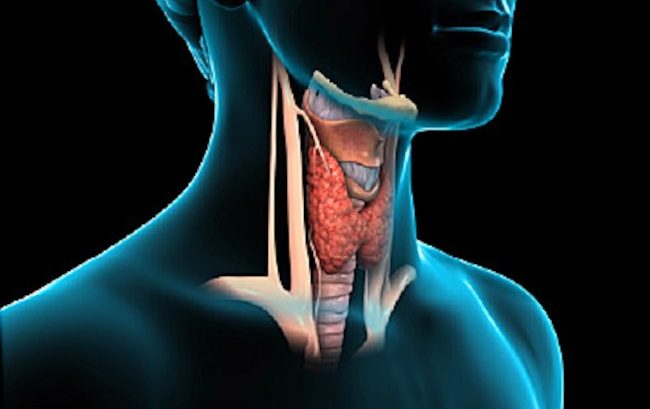You’re sitting calmly, maybe reading or watching TV, and suddenly feel a flutter in your chest. Or worse, it feels as if your heart has stopped for a few seconds, then started up again.
The symptom you could be experiencing has been called “missed” heartbeat, “skipped” heartbeat, or heart “flutters.” Some people describe it as a hiccup, a pause, or a jump in their heart’s normal rhythm, or as if their hearts have “extra” beats. The fact is, it’s extremely common and usually no cause for concern.
The medical terminology for this syndrome is either premature ventricular contraction (PVC), or premature atrial contraction (PAC), depending on where in the heart they originate. PACs occur in the heart’s upper chambers (atria), PVCs in the lower chambers (ventricles). In general they are known as arrhythmias, meaning a heart beating out of normal rhythm.
The Heart Rhythm Society explains:
“The reason PACs or PVCs can sometimes be felt as a skipped beat is that the heart gets a premature signal to squeeze before it has had time to fill with blood. The resulting heart contraction does not produce blood flow to the body. A pause is felt, and the following heart beat is more forceful than usual. If the PAC or PVC is less premature, and the heart has had time to fill with blood before receiving the early signal to squeeze, an extra beat will be felt, rather than a skipped beat.”
The Washington Post, in a recent article on this phenomenon, reported, “PVCs and PACs are so common that, when study participants wear portable, rhythm-tracking devices called Holter monitors, virtually everyone gets at least one premature beat over a 24-hour period.
“We always see these early beats,” Dr. Gregory Marcus, a cardiac electrophysiologist at the University of California, San Francisco, said. “It’s part of being human.”
These irregular beats occur more often as people age, and in nearly all cases are harmless. The cause is a disruption in the heart’s electrical signal which regulates its normal rhythm. The triggers are largely unknown. Absent any heart disease, they have been blamed on caffeine, chocolate, alcohol, and anxiety, among other possible causes. Some people report experiencing them regularly for years with their doctors unable to pinpoint a reason.
Premature beats are common in healthy people of all ages, according to the Heart Rhythm Society. However, they can also be a sign of more serious problems. These can include thyroid problems, chronic lung disease, diabetes, and heart failure. Atrial fibrillation, which also causes an irregular or racing heart rate, and mimics the harmless kind, can raise the risk of a stroke.
Although some people can experience “skipped” or “missed” heartbeats as often as 1,000 times a day, if they are accompanied by shortness of breath, weakness, dizziness, chest pain or discomfort, lightheadedness, sweating, and fainting or near-fainting, they could signal an impending heart attack and should be treated as an immediate emergency.
While most cases of heart palpitations are benign, you should not hesitate to contact your concierge doctor to have them evaluated. We can perform a series of tests that will rule out more serious illness, provide advice on some ways to avoid them, and help set your mind at ease.










